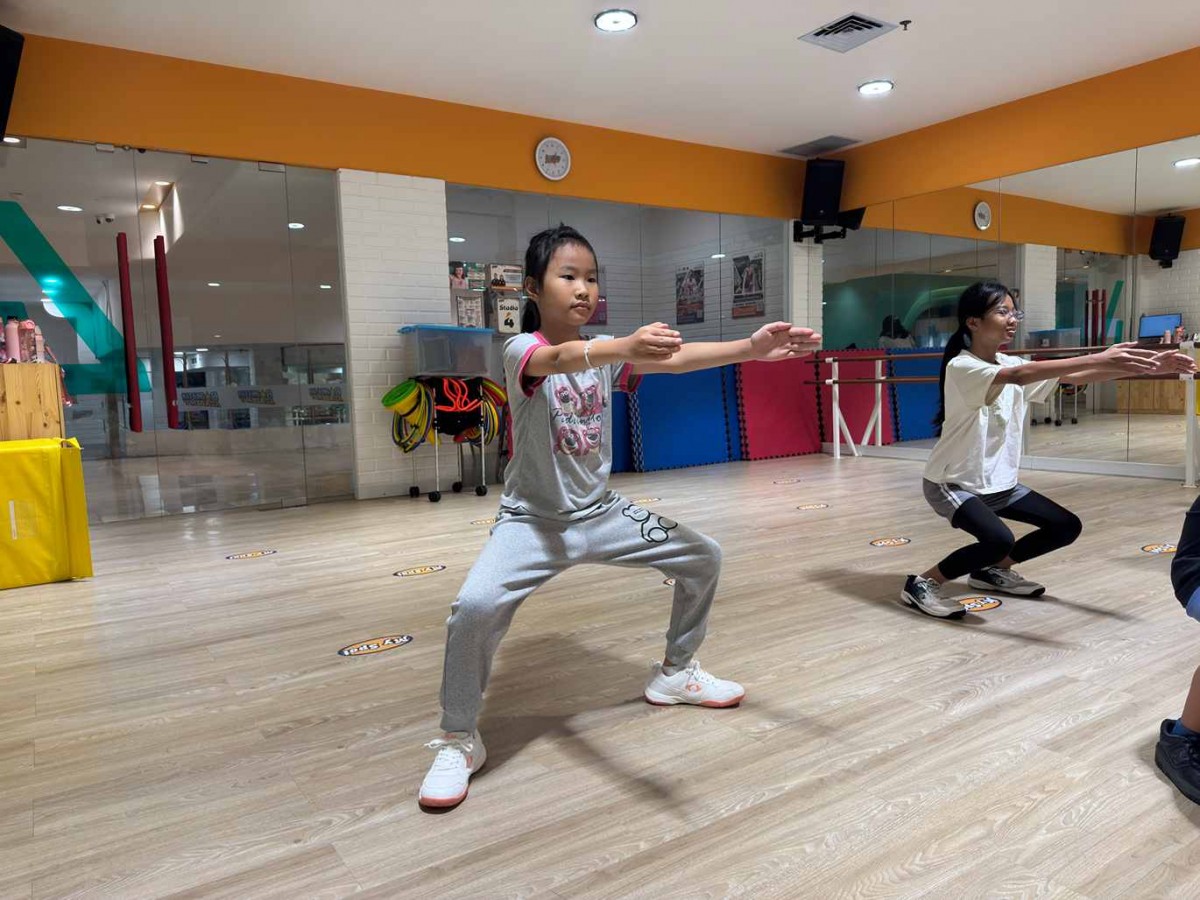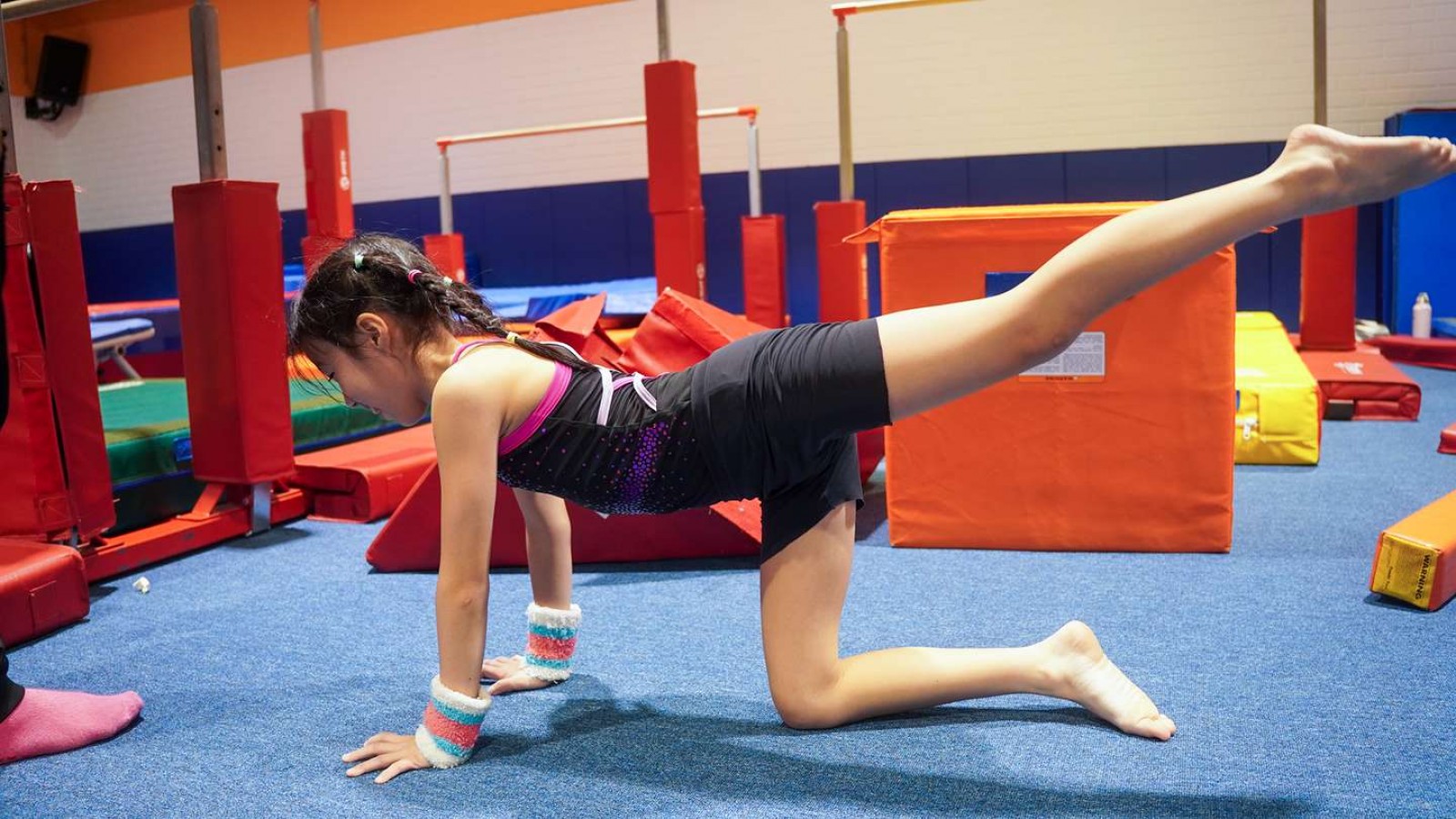A Guide to Articulation Exercises for Actors

You’ve memorized your lines, perfected your expressions, and nailed your body language. You walk on stage, lights hit your face, the audience leans in… and then your words come out jumbled, mumbled, or worse. Uh-oh! You definitely don’t want that, right? To avoid it, make sure to practice articulation exercises for actors.
In this guide, we are going to dive into this fun and fabulous guide to articulation exercises, why they matter, and how to make them a part of your daily actor warm-up!
What Is Articulation?
Articulation refers to how clearly and precisely you pronounce your words. It’s about making each sound in a word distinct so that your speech is easy to understand. Think of it like sharpening the edges of your words.
Instead of saying "I dunno whatcha mean," good articulation turns that into "I don’t know what you mean." See the difference?
Articulation involves the articulators which are the parts of your body responsible for forming speech sounds. These include:
- Lips
- Teeth
- Tongue
- Jaw
- Soft palate
Together, they help you shape vowels and consonants into words that your audience can catch, understand, and enjoy.
Articulation vs. Enunciation – What’s the Difference?
People often use these terms interchangeably, but they’re not exactly the same.
Articulation is all about the physical production of speech sounds. It’s how clearly and correctly you form each syllable.
Enunciation, on the other hand, refers to how deliberately and clearly you speak overall. It's about speaking distinctly and with care.
Think of it this way:
- Articulation is the mechanics of speech.
- Enunciation is the delivery of speech.
You can have good articulation but poor enunciation if you’re rushing or mumbling. And you can have clear enunciation but still mispronounce words if your articulation is weak. Actors need both!
Why Are Articulation Exercises Important for Actors?
Here’s why articulation exercises should be a staple in every actor’s warm-up routine:
1. Clear Communication
If your audience can’t understand what you’re saying, all your acting effort is going to get lost. Good articulation makes sure your words hit their mark.
2. Character Clarity
Different characters may have unique speech patterns, accents, or emotions. Clear articulation lets you layer character traits without losing clarity.
3. Stage Presence
Actors don’t just speak but also command. Crisp, confident speech boosts your stage presence and makes your performance more engaging.
4. Professionalism
Directors and casting agents notice when actors speak with clarity. Good articulation is often seen as a sign of solid training and commitment to the craft.
5. Vocal Health
When you articulate properly, you use your speech organs efficiently, reducing strain on your voice. This is especially important during long rehearsals or performances.
Articulation Exercises for Actors
Articulation exercises are vocal drills designed to improve the clarity and precision of speech. These exercises focus on training the muscles of the mouth, lips, jaw, tongue, and breath to work efficiently and expressively.
1. Breathing Exercises for Better Articulation
Great speech starts with great breath. Breathing exercises help you support your voice, control your airflow, and speak with stamina and consistency.
Without proper breath support, your theater voice might sound weak, shaky, or rushed. Here are some essential breathing exercises to add to your daily vocal warm-up:
-
Diaphragmatic Breathing (Belly Breathing)
This technique trains you to use your diaphragm instead of shallow chest breathing. Stand or sit upright and place one hand on your chest and the other on your belly.
Inhale slowly through your nose, focusing on expanding your belly while keeping your chest still. Then exhale gently through your mouth. Do this slowly for several breaths. This exercise teaches you to breathe deeply and efficiently, helping you deliver longer lines without running out of air.
-
Hissing Breath Control
This exercise improves your ability to control how long and steady your breath flows. Start by taking a deep breath in. Then exhale with a controlled "ssssssss" sound, like a snake.
Try to make the hiss last 20–30 seconds without gasping or tensing. This drill strengthens your breath support muscles, which are crucial for sustaining dialogue or projecting your voice without strain.
-
The Breath Ladder
The breath ladder builds control and timing. Take a deep breath and count out loud from 1 upwards in a smooth, even tone. “One, two, three, four...” Continue until you run out of breath.
The goal is to increase how many numbers you can speak clearly in one breath, without speeding up. This exercise mimics the natural flow of dialogue and helps you maintain consistent energy in your speech.
2. Mouth and Facial Warm-Ups
Before diving into complex articulation drills, it’s important to wake up your facial muscles. Tight jaws, stiff lips, and lazy tongues can sabotage your speech clarity. Several warm-ups you can try:
- Lip Trills (Press your lips together gently and blow air through them to create a buzzing sound)
- Jaw Massage and Stretch (Gently massage the joint where your jaw connects to your skull in small circles. Then open your mouth as wide as you can.)
- Big Face / Small Faces (Start by making the biggest face you can. Then scrunch everything into the smallest face possible. Alternate between “big” and “small” a few times.)
3. Tongue Twister Exercises
Want to train your tongue and tame your tricky consonants? Tongue twisters are the ultimate vocal gym for actors! They’re silly, speedy, and super effective at improving your articulation.
The key? Start slow, focus on precision, then gradually pick up the pace. Once you've nailed them, memorize a few so you can whip them out anytime you need a quick warm-up!
Here’s a collection of classic and creative tongue twisters to get your lips, tongue, and brain in sync:
- High roller, low roller, lower roller
- I need a box of biscuits, a box of mixed biscuits, and a biscuit mixer
- He thrusts his fists against the posts and still insists he sees the ghosts
- The jolly collie swallowed a lollipop
- The sick sister’s zither ceaseth; therefore she sufficeth us
- Friday’s Five Fresh Fish Specials
- Imagine an imaginary menagerie manager imagining managing an imaginary menagerie
- Twixt this and six thick thistle sticks
- Red leather, yellow leather
- She sells seashells by the seashore, and the shells she sells are seashells
- Peter Piper picked a peck of pickled peppers; A peck of pickled peppers Peter Piper picked; If Peter Piper picked a peck of pickled peppers, Where’s the peck of pickled peppers Peter Piper picked?
4. Vowel and Consonant Drills
Strong articulation requires mastery of both vowel shaping and consonant precision. These drills help fine-tune those skills so that your voice remains strong, clear, and emotionally expressive.
What you can do:
a. Vowel Stretching
Vowel clarity is key to resonance and tone. Stretch the five basic vowels—A, E, I, O, U—slowly and clearly. Say each one and hold the sound for a few seconds: “Ahhhh – Eeeee – Iiiii – Ohhhh – Uuuuu.” This exercise improves your ability to shape vowels with your mouth and maintain vocal control.
b. Consonant Explosion Drill
For crisp diction, practice over-articulating consonant sounds. Repeat explosive sounds like “Tuh-tuh-tuh,” “Puh-puh-puh,” “Guh-guh-guh” while exaggerating your mouth movements. These drills strengthen your articulators and help you deliver powerful consonants without spitting or tensing.
5. A Sample Daily Routine (10 Minutes)
Here’s how you can put it all together into a short daily practice routine:
- 1 minute – Diaphragmatic breathing
- 1 minute – Lip trills and facial stretches
- 2 minutes – Vowel stretching
- 2 minutes – Tongue twisters (choose 2–3)
- 1 minute – Breath ladder or hissing breath control
- 2 minutes – Consonant explosion drill and jaw stretches
- 1 minute – Freestyle script reading in different tones
Doing this before rehearsals or performances will keep your voice in shape and ready to shine.
Ready to Shine?
If your children love acting and dream of stepping into the spotlight, consider enrolling them in the Broadway Program at Rockstar Academy. This exciting program helps kids develop their skills in character singing, vocalization, acting, dancing, and building musical confidence.
Plus, Rockstar Academy offers a fun and supportive curriculum where kids can take part in the Broadway Recital, RockOlympics, and Elite Championships—awesome events where they get to showcase their talent and hard work.
What’s more, Rockstar Academy is known as the best Sports & Performing Arts Academy around, and they even offer a free trial class so you can see just how much fun and growth their programs bring before committing. It’s the perfect place to help young stars shine bright!
FAQ
How long does it take to see improvement in articulation?
With daily practice, many actors notice clearer speech in just 2–3 weeks.
Can poor articulation be fixed as an adult?
Absolutely! Articulation isn’t just for kids but also actors of any age can train their speech organs for better performance.
Do articulation exercises help with accents or dialects?
Definitely. They improve your awareness of how sounds are formed, which is essential when learning new speech patterns.



